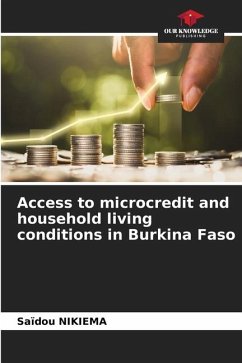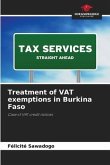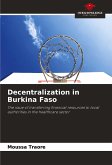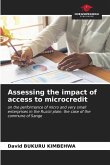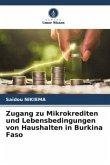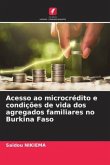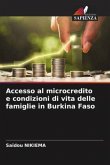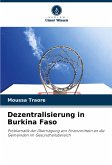Burkina Faso is committed to improving the living conditions of its population by 2030 through Axis 4 of the Sustainable Development Goals (SDGs), which focuses on the socio-demographic characteristics of Burkinabe households (education, water, sanitation, housing, migration, employment, training). Faced with this structural problem, and in light of microfinance experience around the world, we set ourselves the main objective of analyzing the effects of access to microcredit on household living conditions in Burkina Faso. Using a conditional mixed process model, ordered multinomial logit and instrumental variable estimation, our econometric results indicate that access to microcredit reduces both monetary and multidimensional poverty and income inequality in Burkina Faso. These results therefore indicate that in Burkina Faso, microcredit can serve as a tool for improving household living conditions. The results also indicate that a high level of education reduces poverty and income inequality.
Bitte wählen Sie Ihr Anliegen aus.
Rechnungen
Retourenschein anfordern
Bestellstatus
Storno

